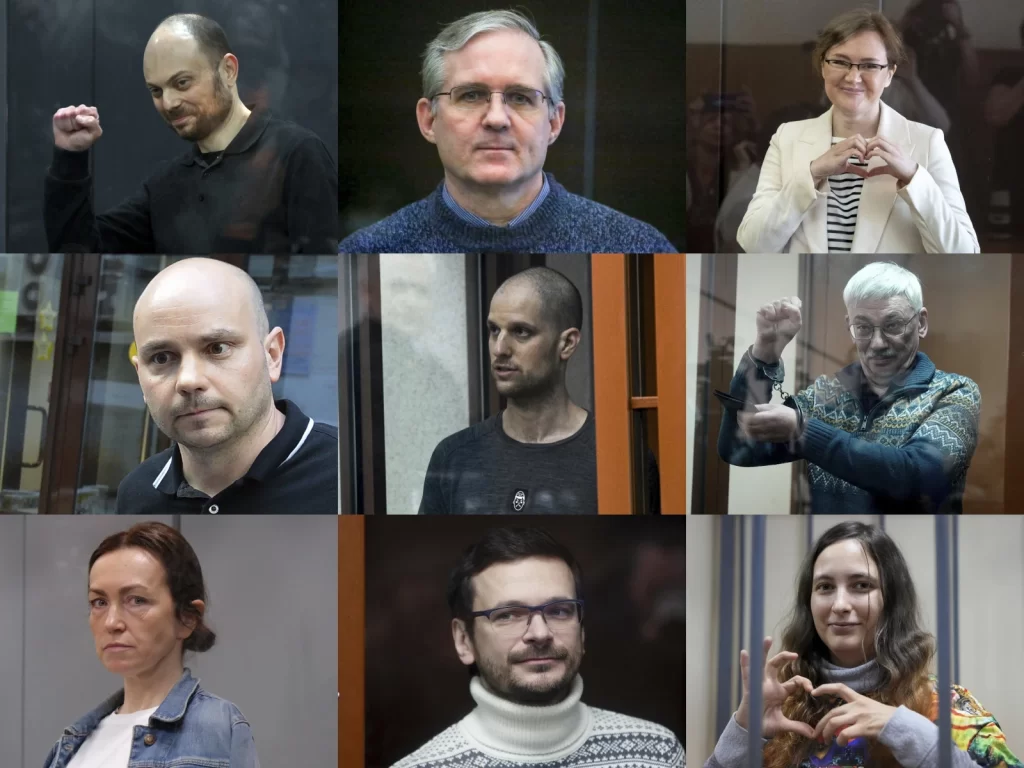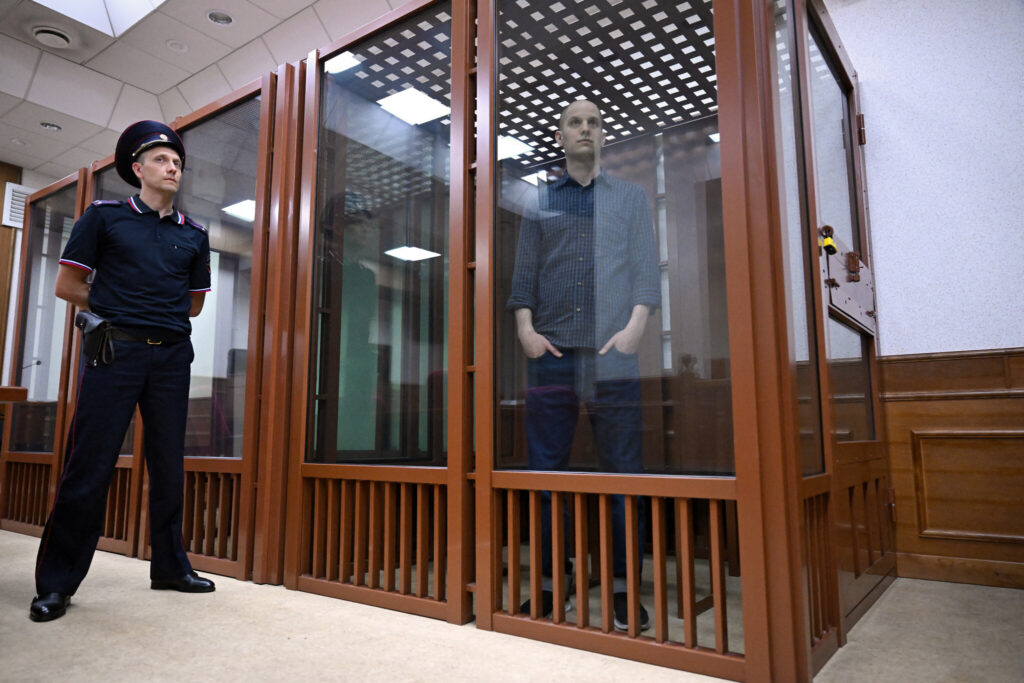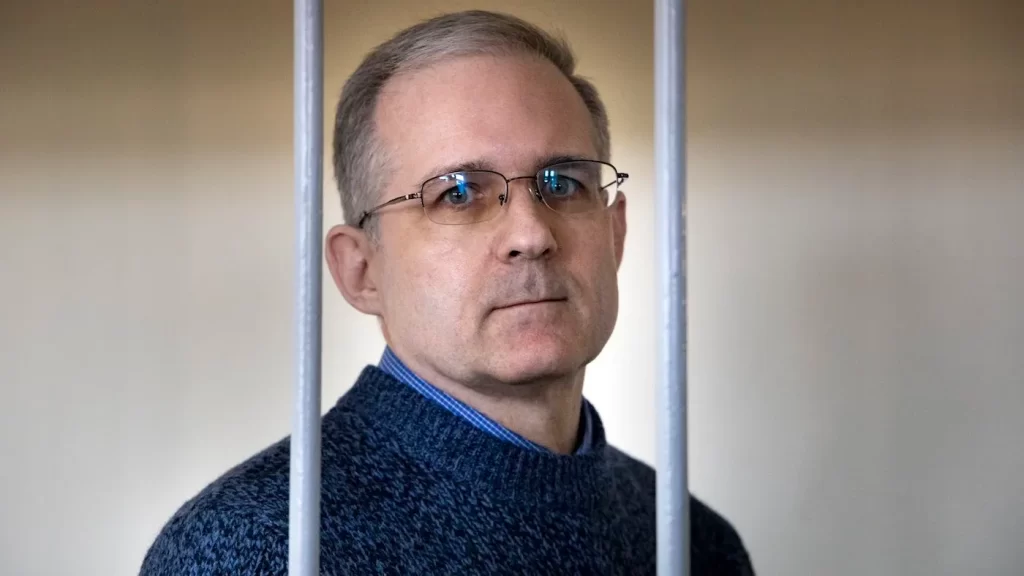The United States and Russia have completed their largest prisoner swap since the fall of the Soviet Union, with Moscow releasing journalist Evan Gershkovich and former U.S. Marine Paul Whelan as part of a multinational deal that freed approximately two dozen individuals. The exchange took place in Turkey, marking a significant diplomatic achievement despite strained relations between Washington and Moscow.

Evan Gershkovich, a Wall Street Journal reporter, was arrested in March 2023 on espionage charges that the U.S. government deemed baseless. Paul Whelan, a Michigan corporate security executive, had been jailed in Russia since 2018 on similar charges. Their release comes after years of behind-the-scenes negotiations.
The deal also includes the release of Alsu Kurmasheva, a journalist working for Radio Free Europe/Radio Liberty, as confirmed by the broadcaster’s CEO Stephen Capus. The swap involves a diverse group of individuals from various backgrounds, including journalists, political activists, and individuals opposed to the war in Ukraine.

President Joe Biden addressed the nation from the White House, calling the release an “incredible relief” and a “feat of diplomacy.” He emphasized that the freed Americans’ “brutal ordeal is over” and acknowledged the collaborative effort of multiple countries in securing their release. Biden was joined by relatives of the freed Americans during his statement.
The prisoner exchange has drawn mixed reactions from U.S. lawmakers. While Republicans in the Senate welcomed the news, some, like Senator Jim Risch, pointed out the “steep price” paid by the United States, noting that some of those returned to Russia are considered valuable assets to Putin’s regime. Democrats, including Senator Chris Murphy, praised the administration for including Russian opposition leaders in the release, viewing it as a statement of support for global democracy.

This historic swap highlights the complex nature of international diplomacy, especially in times of heightened tensions. As the freed individuals begin their journey home, questions remain about the long-term implications of such exchanges and the fate of other detained Americans abroad, including Marc Fogel and Ksenia Karelina, who were not part of this deal.
The successful negotiation of this prisoner swap, despite the ongoing conflict in Ukraine and deteriorated U.S.-Russia relations, demonstrates that diplomatic channels remain open for humanitarian issues, even as broader political disagreements persist.


